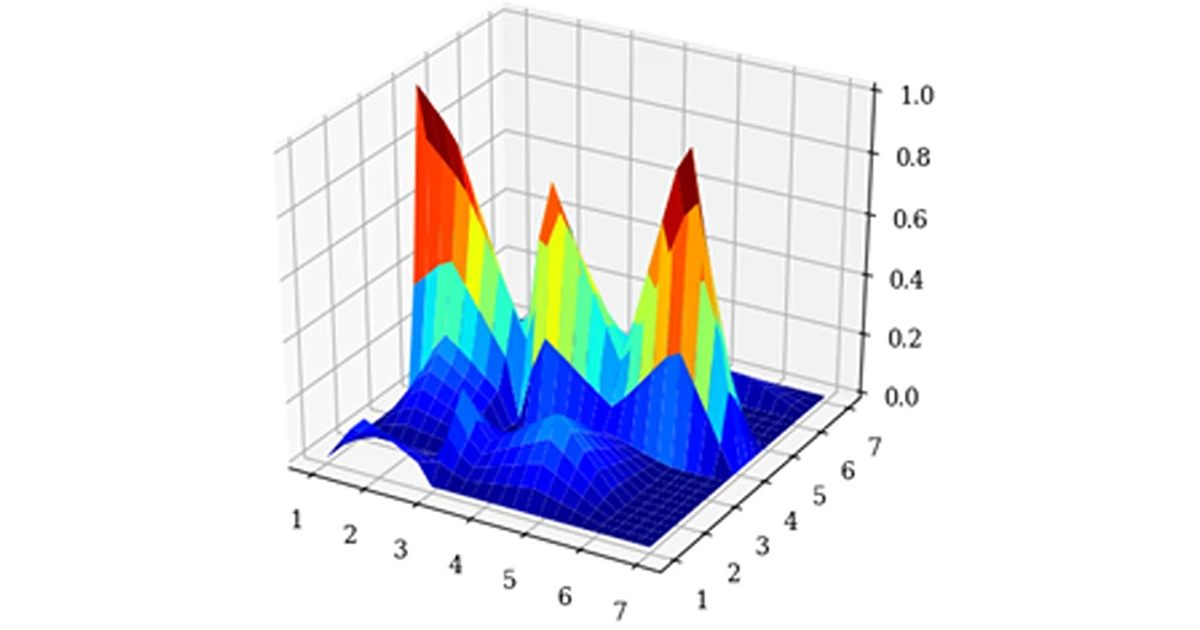The Woolcock Institute of Medical Research

'Chaotic' inhaler use risks asthma attacks
Patients with hard-to-treat asthma who use their prescribed preventer medication 'chaotically' have a higher risk of asthma attacks, according to our new research.
Interestingly, it was the ways in which patients under-used or missed their medication – not how much medication they took – that impacted on outcomes.
"We found in patients with severe, difficult-to-treat asthma that 'chaotic' inhaled corticosteroid use was linked with a higher risk of asthma attacks," says Associate Professor Cindy Thamrin, who is leader of the Woolcock’s Airway Physiology and Imaging Group and Respiratory Data Analytics team. "The more irregular the ways in which patients skipped or reduced their medication, the more likely they were to experience asthma attacks within the coming months."
"In contrast, simply looking at how much medication they took on average, did not relate to asthma outcomes," she says.
The Woolcock's Professor Helen Reddel says, "Low adherence to preventer medication is also a strong contributor to poor control of asthma symptoms. This research allows us to tease out which aspects of medication taking has the most impact, so we can develop strategies targeting specific behaviours."
Professor Reddel added that this research also opens up new ways of looking at regular medication use patterns in other chronic diseases.
The study, a collaboration between the Woolcock Institute of Medical Research in Sydney and the Alfred Hospital in Melbourne, uses data analytics to study patterns in asthma regular inhaler use and adherence. The findings have been published in the prestigious journal Scientific Reports, a Nature journal that is the 6th most cited in the world.
Find out more
- Read the full article: Dynamics of inhaled corticosteroid use are associated with asthma attacks, Scientific Reports, 11, July 2021
- Is your asthmatic patient chaotic?, a report about this research in the Medical Republic
- Adherence to asthma medications seen through a different lens: entropy, a report about this research in the Limbic
- See the latest news about our work on asthma and other respiratory conditions










